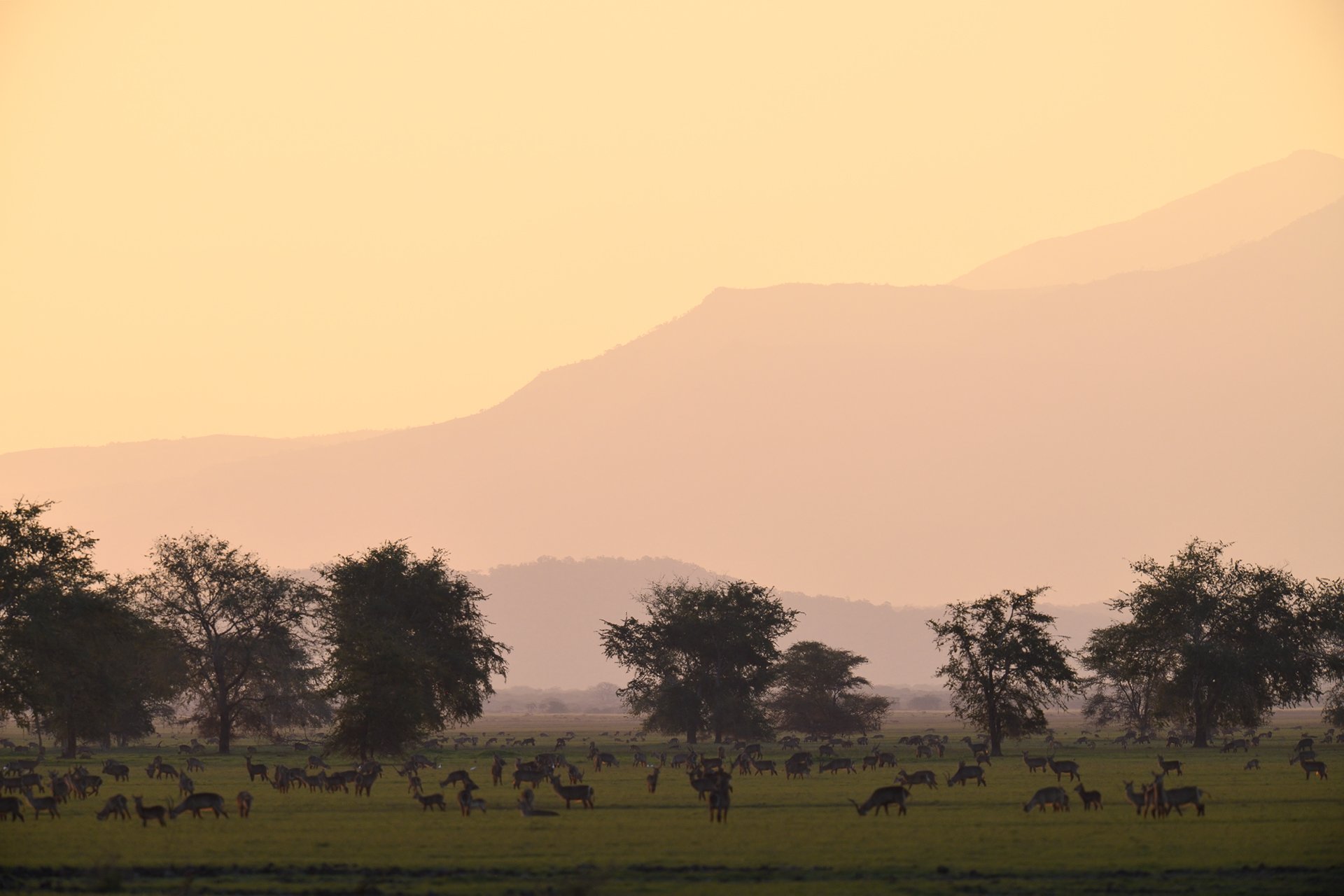
Behaviorally-informed management of wildlife and their habitats
Understanding how animals cope with and adapt to environmental disturbances, and the consequences of these responses, is one of the greatest and most visible ecological questions of today. Behavior is the critical medium through which animals can rapidly and flexibly respond to changing environments, but many behavioral patterns are also directly threatened by these changes.
Our mission is to enhance our understanding of the causes and consequences of animal behavior at the individual level and apply this knowledge to wildlife management, policy, and conservation actions that are both innovative and practical, and grounded in ecological science.
Life on the move
Movement is one of the most ubiquitous behaviors in ecology, enabling many essential ecological functions like resource acquisition and risk avoidance. In our work, we address the mechanisms underpinning individual movement and space use decisions; why, when, and where to move? We connect this mechanistic understanding to the consequences of movement decisions for individuals, populations, ecological communities, and ecosystems.
Learn more about our work
Our research integrates theoretical, field, and quantitative approaches and relies on a strong foundation of interdisciplinary collaboration with a wide range of stakeholders. We leverage large spatial datasets, remote sensing, experimental and empirical studies, and modeling to contribute to more ecologically-informed theory on wildlife populations, as well as practical recommendations for their management.
Sound like you?
The Becker Lab is based at Montana State University (MSU) in the Department of Ecology. MSU stands on the traditional lands of many Indigenous peoples, including the Apsáalooke (Crow), Niimiipuu (Nez Perce), Očhéthi Šakówiŋ (Lakota), Piikani (Blackfeet), Seliš (Salish), Shoshone, and Tsétsêhéstâhese (Northern Cheyenne) and we recognize and affirm that their relationship to the land continues to this day.
We recognize the many contributions of Native peoples to the field of Ecology, including the traditional knowledge systems that Indigenous peoples have developed in relationship to these lands and their stewardship. We also acknowledge the trauma that has been inflicted on Native nations, and recognize the ways in which Ecology and the scientific discipline more broadly have been perpetrators of this harm.
We acknowledge our collective responsibility to this place and its peoples’ histories, rights, and presence. As a lab, we pledge to provide research and educational opportunities for Native students and are actively developing relationships in Montana to facilitate this work. We encourage those seeking these opportunities at any level (K-12, undergraduate, graduate, and beyond) to reach out.


